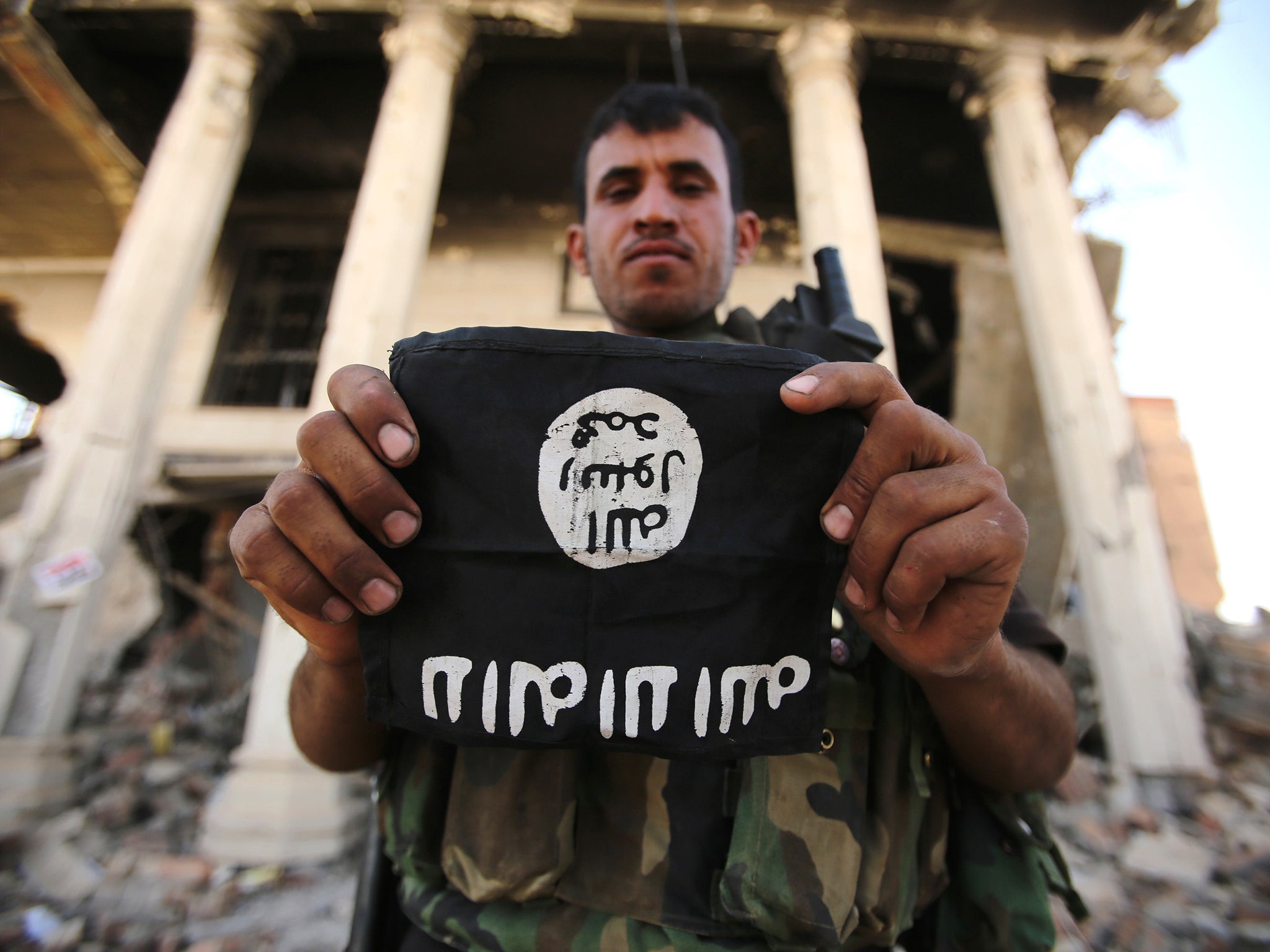Isis should be kicked off the open web, Google boss says, to stop it exaggerating its size
The group has been using the internet to recruit more members and to give the impression that it’s bigger than it is — so they should be kicked off, Google’s head of ideas has said

Isis should be kicked off the open web, according to Google’s head of ideas.
The group are always going to be able to us some form of the internet, such as anonymised browsing through Tor and the uncatalogued dark web. But they should be hounded off the open web, a senior Google employee has said.
Isis’s clever use of the internet has enabled it to pick up recruits by spreading information like videos and having conversations on Twitter and other social networks. That reach has allowed it to pick out vulnerable people across the world and extend its reach far beyond its base in the Middle East.
“What is new is that they’re operating without being pushed back in the same internet we all enjoy,” said Jared Cohen, who is a director at Google Ideas and an advisor to the heads of parent company Alphabet. “So success looks like Isis being contained to the dark web.”
The group has been able to use the internet to exaggerate their size since they run more accounts than they have actual members, Mr Cohen said. “But while the digital front is more complex, it could be where we can see greater short-term wins, so we should not neglect it.”
It would be impossible for Isis to be moved off the dark web, since much of it is built with and accessed by tools that are made to keep their users anonymous. But most of the internet that is commonly seen belongs to the open web — it is inaccessible without special software and isn’t picked up by normal search engines.
Running Isis off the internet would include shutting down Twitter accounts associated with and supporting the group, Mr Cohen said. That approach is often difficult because the accounts get set up as quickly as they go down, but experts have praised the fact that it slows down the group — and it is also the approach taken by citizen groups like Anonymous.
If supporters of the group were afraid of being attacked for promoting it, then they might be less happy to speak on public platforms and use them for Isis’s gain, Mr Cohen said.
Join our commenting forum
Join thought-provoking conversations, follow other Independent readers and see their replies
Comments
Bookmark popover
Removed from bookmarks